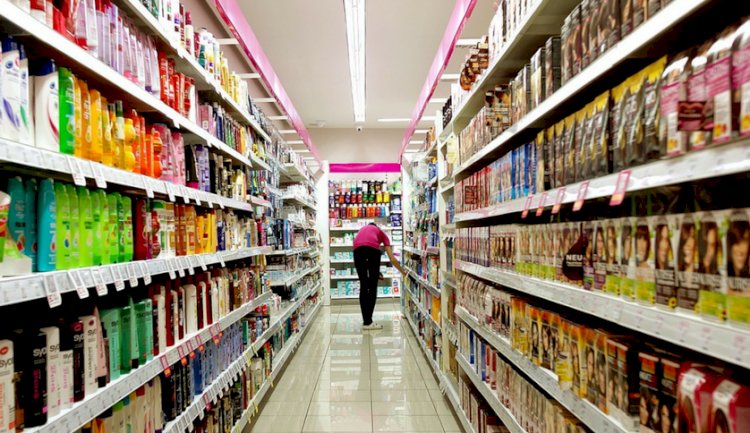FMCG, retail industries tend to see supply chain challenges over the next 6 months in India
This comes a few days after the government has allowed selected activities to be resumed from 20th April 2020 in regions other than those identified as COVID-19 hotspots, in a bid to revive economic activity.

Supply chain instability and mobility problems are corporate India's key pressure points as companies struggle to sustain smooth operations in a countrywide lockdown of 40 days. Industry (captures only FMCG and retail sectors) anticipates supply chain and mobility challenges should persist over the next six months. This comes a few days after the government has allowed selected activities to be resumed from April 20 in regions other than those identified as COVID-19 hotspots, in a bid to revive economic activity.
Manufacturing units of major FMCG companies work at partial capacities due to manpower shortages. Weak transport availability has further impeded the flow of goods, thereby impacting retail outlet supplies. At least 8 out of 10 retailers had out-of-store problems in the lockdown — consumers could not get preferred brands in categories such as atta, rice, lentils, hand sanitizers, and ready-to-eat snacks. As a result, at higher prices, as many as 65% of groceries and 33% of chemists imported wholesaler’s goods.
Regional retailers stepped in to fill the void as major players in the consumer goods industry struggled to meet the market demand. According to the survey, local players' market shares in the sanitizer space increased to 61% in March compared to only 15% in January and February. The percentage of the top three players fell from 85% in January and February to below 40% in the previous month. In March, more than 150 new players were added to the category of hand sanitizers, while the valuation of the new firms in the segment was 46% over the span.
In March alone, demand for hand sanitisers increased from a total of 24% recorded in the three months ending February to 340%. Immunity boosters such as Chyavanprash and branded packaged honey are other items which consumers have bought. For Chyavanprash, demand increased during the span of December-February to 81% in March versus a miniscule 2%. The report showed that cash flow problems and worries regarding non-essential products that form a large portion of company portfolios were other challenges facing the FMCG and retail industry. A large proportion of companies in the sector said e-commerce would be the company's key focus area. The distribution plan will be designed more to concentrate on online




























